Bafel Talabani: I will always support the families of Anfal victims and martyrs
P.U.K 11:08 AM - 2021-04-14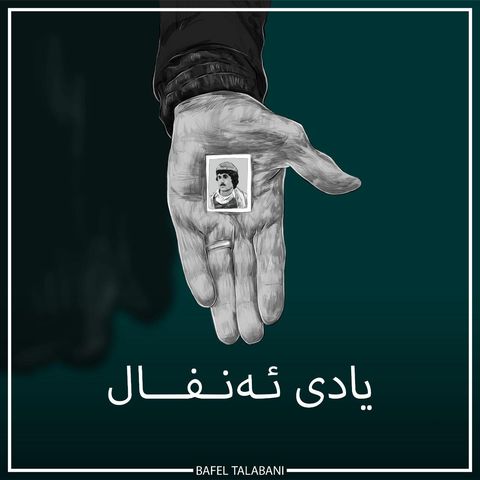
.
On the 33rd anniversary of the Anfal massacre, Bafel Talabani, the Co-Leader of the Patriotic Union of Kurdistan (PUK), issued a message in which he affirmed support to the families of the victims of Anfal and all the martyrs of Kurdistan.
The text of the message said:
Today we sadly commemorate one of the saddest and brutal events in history. We commemorate the destruction, disappearance, and the extermination of our brothers and sisters and the destruction of our villages.
Anfal is a great wound of our nation and will remain in our hearts forever.
We, in the leadership of the PUK, look with respect at the complaints and demands of the honorable families of the victims of Anfal and the survivors of this unforgotten crime. I want to emphasize that I always consider myself as a supporter and helper of all the honorable families of the victims of Anfal and all the martyrs of Kurdistan. I assure you that our efforts to serve you will continue, as we consider it our duty to be at the level of that responsibility.
I call on the Kurdistan Regional Government to provide a decent life for the families of martyrs, Anfal victims, and survivors, and to fulfill their rights and demands.
I want to assure the dear families of martyrs and Anfal victims that we will not allow any person or party to be an obstacle in the way of your legal rights. We have ordered the PUK team in the government and will take every necessary step for this purpose.
Greetings to the spirit of the Anfal martyrs and all the martyrs of Kurds and Kurdistan.
Bafel Talabani
The Co-Leader of the Patriotic Union of Kurdistan
History of the Anfal campaign
The Anfal Campaign, also known as the Kurdish Genocide, Operation Anfal or simply Anfal, was a genocidal campaign against the Kurdish people (and other non-Arab populations) in northern Iraq, led by the fallen Ba'athist Iraqi President Saddam Hussein and headed by Ali Hassan al-Majid or Chemical Ali (who executed the Halabja chemical attack) in the final stages of Iran-Iraq War. The campaign takes its name from Surat al-Anfal in the Qur'an, which was used as a code name by the former Iraqi Baathist government for a series of systematic attacks against the Kurdish population of northern Iraq, conducted between 1986 and 1989 and culminating in 1988. The campaign also targeted other minority communities in Iraq including Assyrians, Shabaks, Iraqi Turkmens, Yazidis, Jews, Mandeans, and many villages belonging to these ethnic groups were also destroyed.
Sweden, Norway, and the United Kingdom officially recognize the Anfal campaign as genocide. On December 5, 2012, Swedish parliament Riksdag adopted a resolution by the Green party to officially recognize Anfal as genocide. The resolution was passed by all 349 members of parliament. On February 28, 2013, the British House of Commons formally recognized the Anfal as genocide following a campaign led by Conservative MP Nadhim Zahawi.
The Anfal campaign carried out by the dictatorial regime of Saddam Hussein against the Kurdish civilian population began on February 22, 1988, and continued until September 6 of the same year, and is considered one of the most dangerous pages of government mass killing in the history of Baathist rule in Iraq. The army and regular forces directly, including (the First Corps, which was based in Kirkuk, the Fifth Corps, which was based in Erbil), the Air Force, the Special Forces, the Republican Guard, the Commando Forces, the security and intelligence services, military intelligence, the chemical and biological weapons departments, in addition to all service departments that have been put in the service of carrying out these operations.
PUKmedia
More news
-
German Forces Commander Ended his Mission at Mam Jalal's Grave
12:28 PM - 2024-04-23 -
Golden Bla Awards Ceremony Takes Place in Sulaymaniyah
11:32 AM - 2024-04-23 -
PUK Official: PUK is Committed to Holding Elections on Time
11:04 AM - 2024-04-23 -
Turkish President Meets Kurdish Officials in Erbil
10:42 AM - 2024-04-23
see more
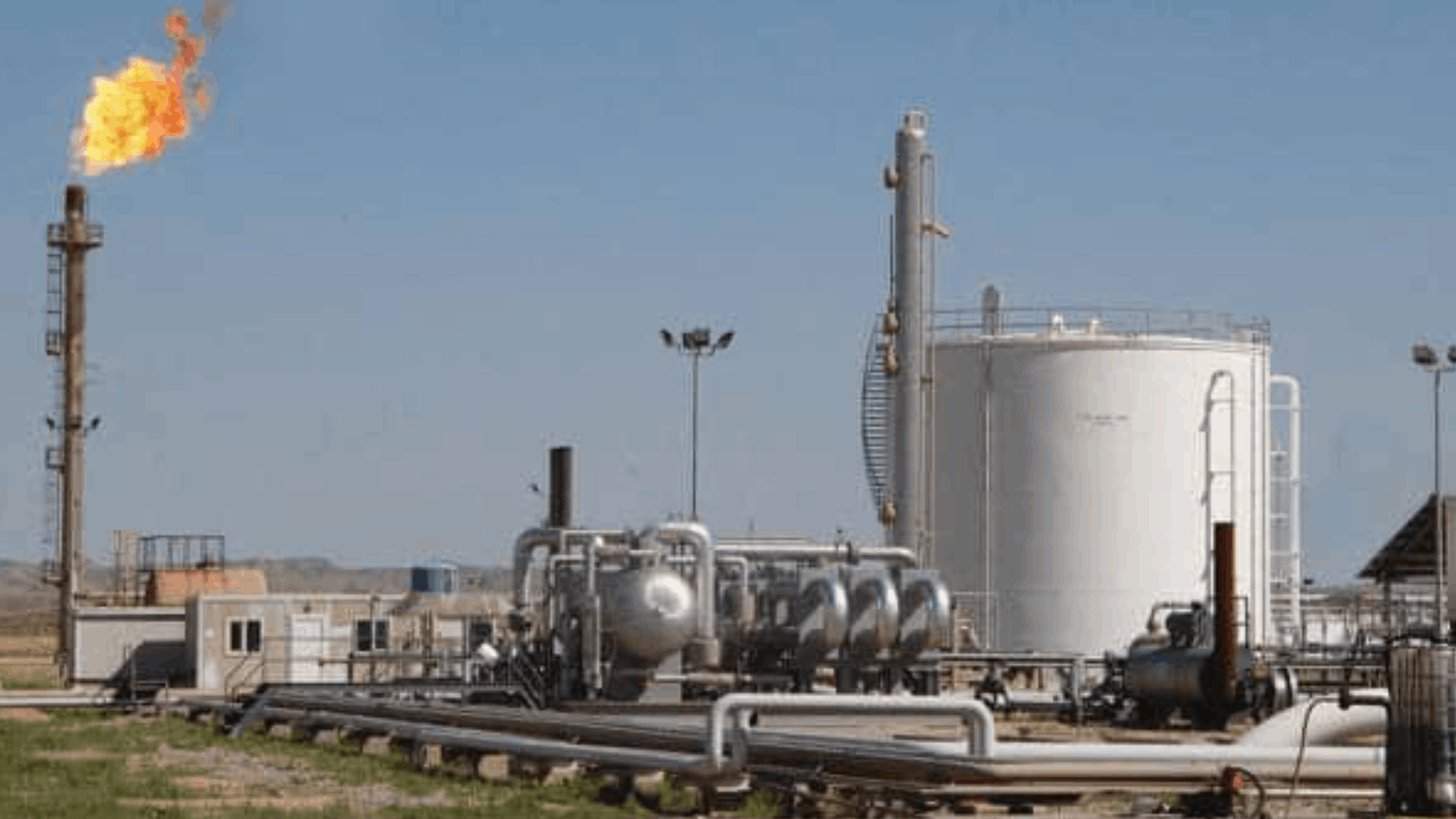
Kurdistan 10:31 PM - 2024-04-26 Officials Call for Urgent Investigation Into Khor Mor Gas Field Attack
Another International Report Mentions Kurdistan's Limited Freedom
09:24 PM - 2024-04-25
U.S. State Department Mentions Deterioration of Journalists' Rights in Iraq & Kurdistan
06:48 PM - 2024-04-25
10 Notable Individuals Receive Golden Bla Award
09:27 PM - 2024-04-23
DPM Talabani Asks Turkish President to Lift Ban on Sulaymaniyah Airport
11:43 AM - 2024-04-23
Most read
-
Officials Call for Urgent Investigation Into Khor Mor Gas Field Attack
Kurdistan 10:31 PM - 2024-04-26

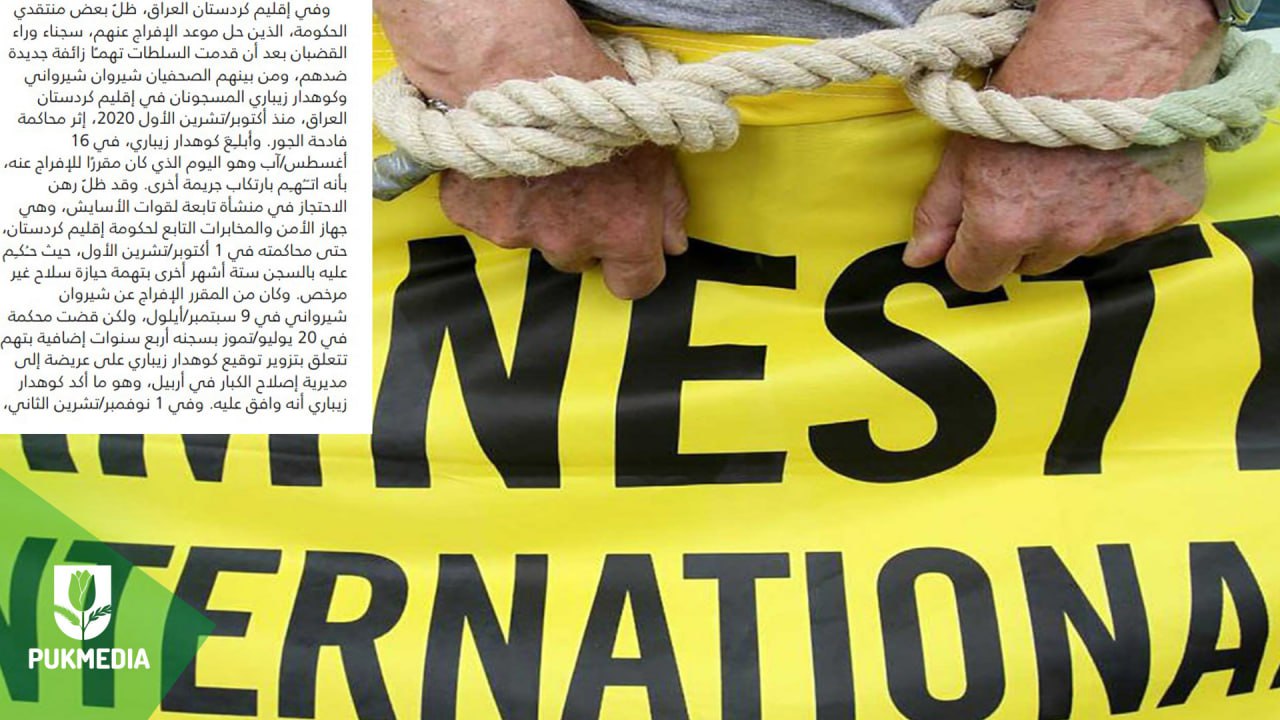
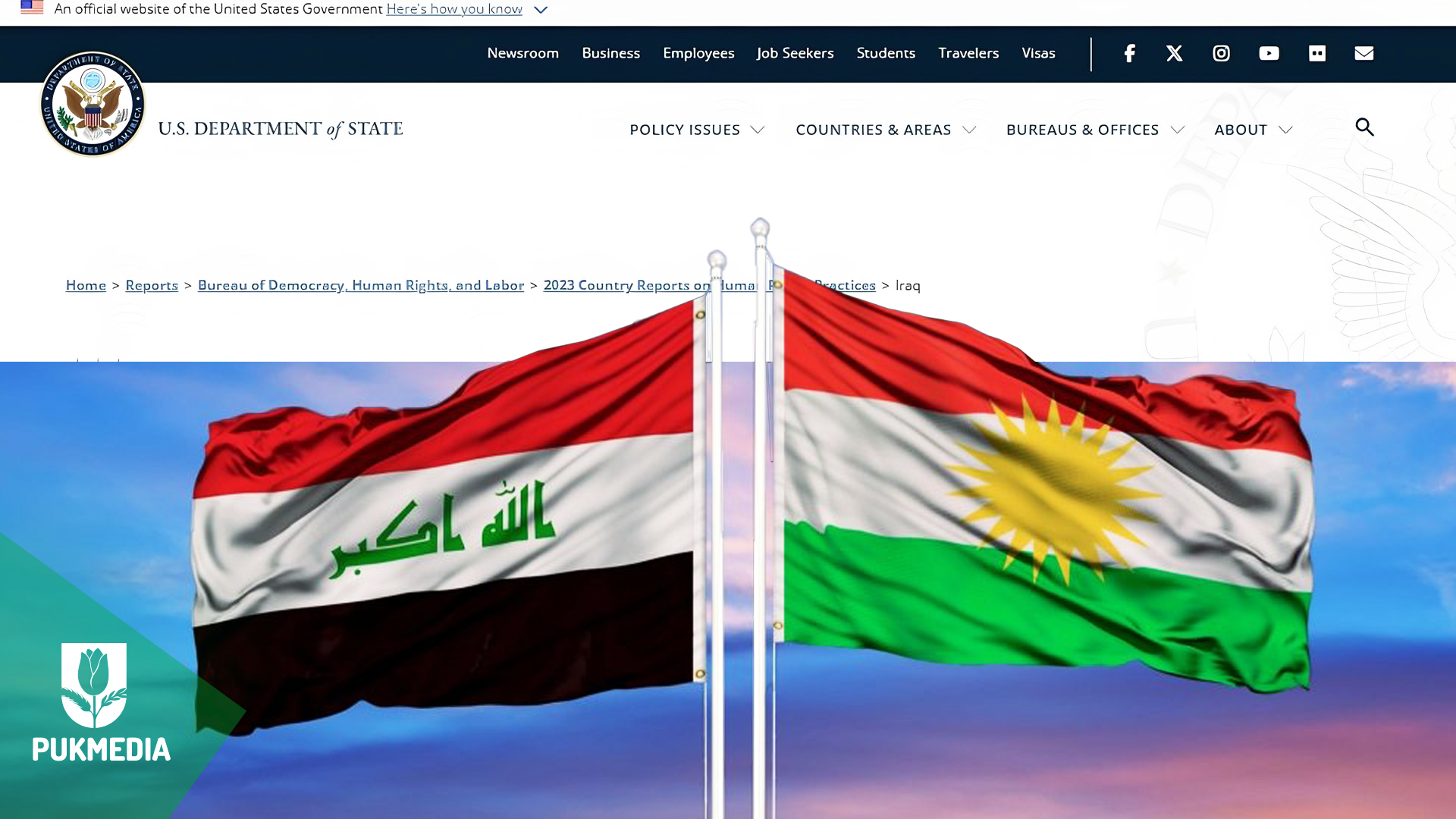
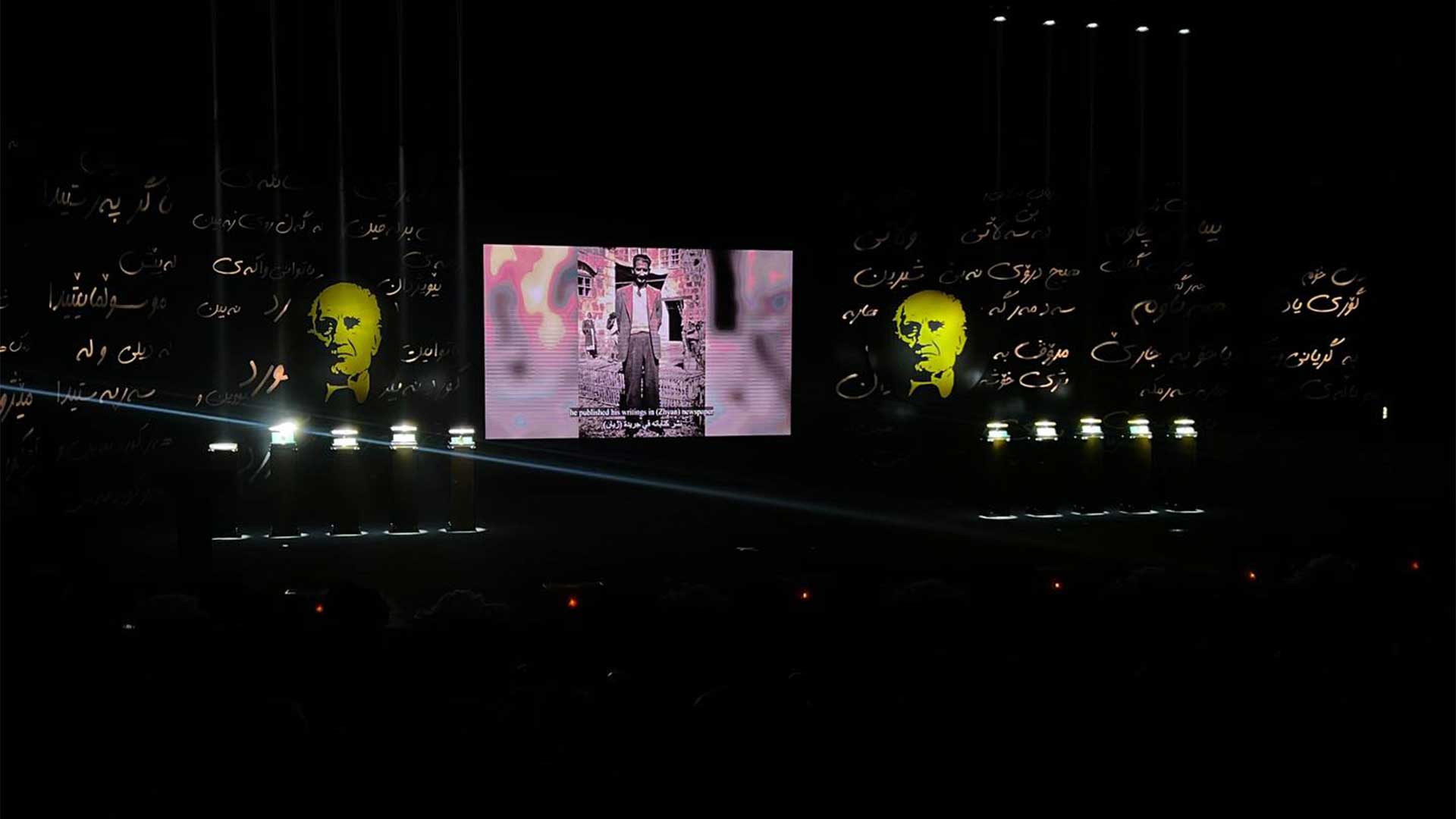
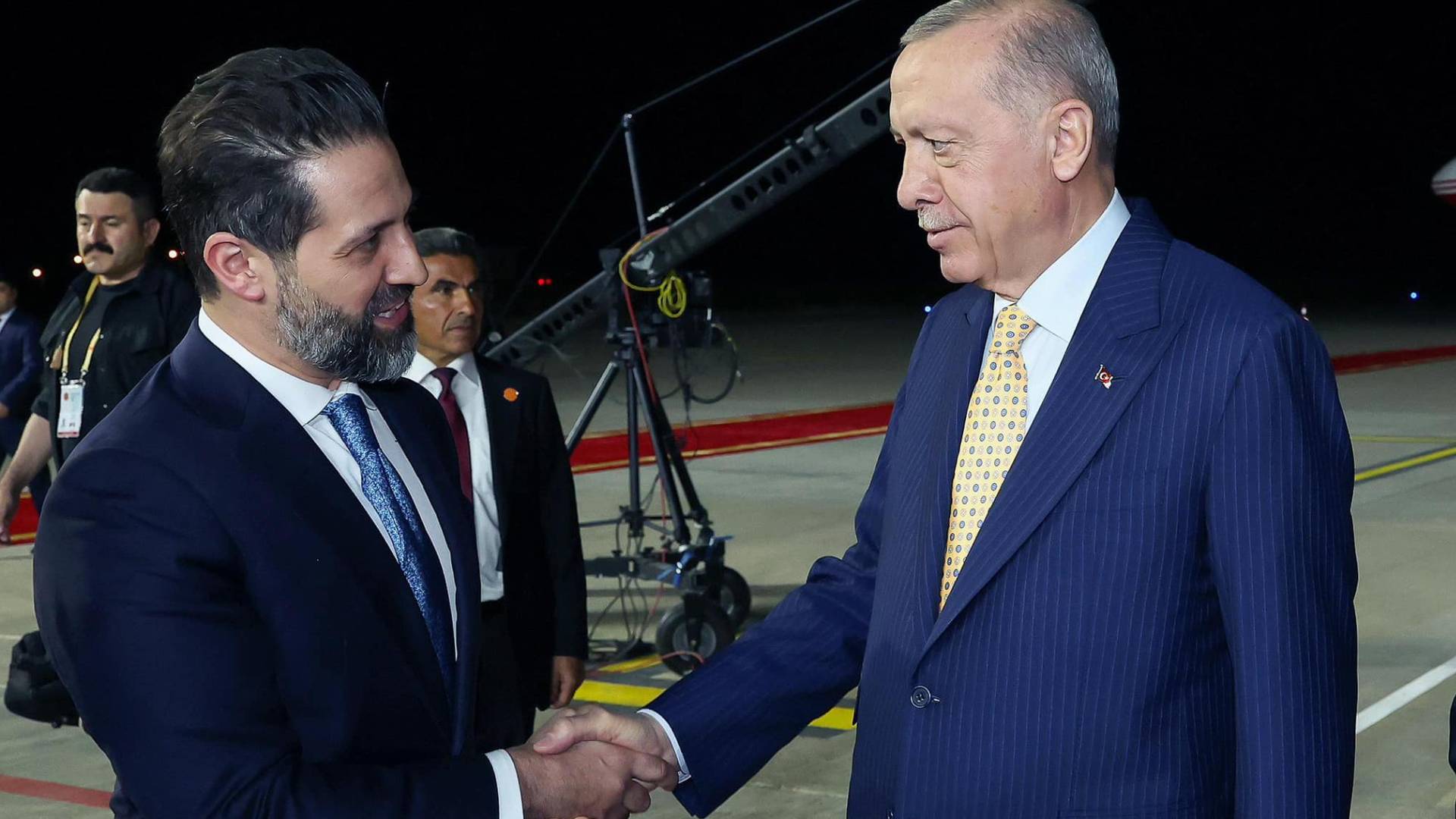
 Application
Application


